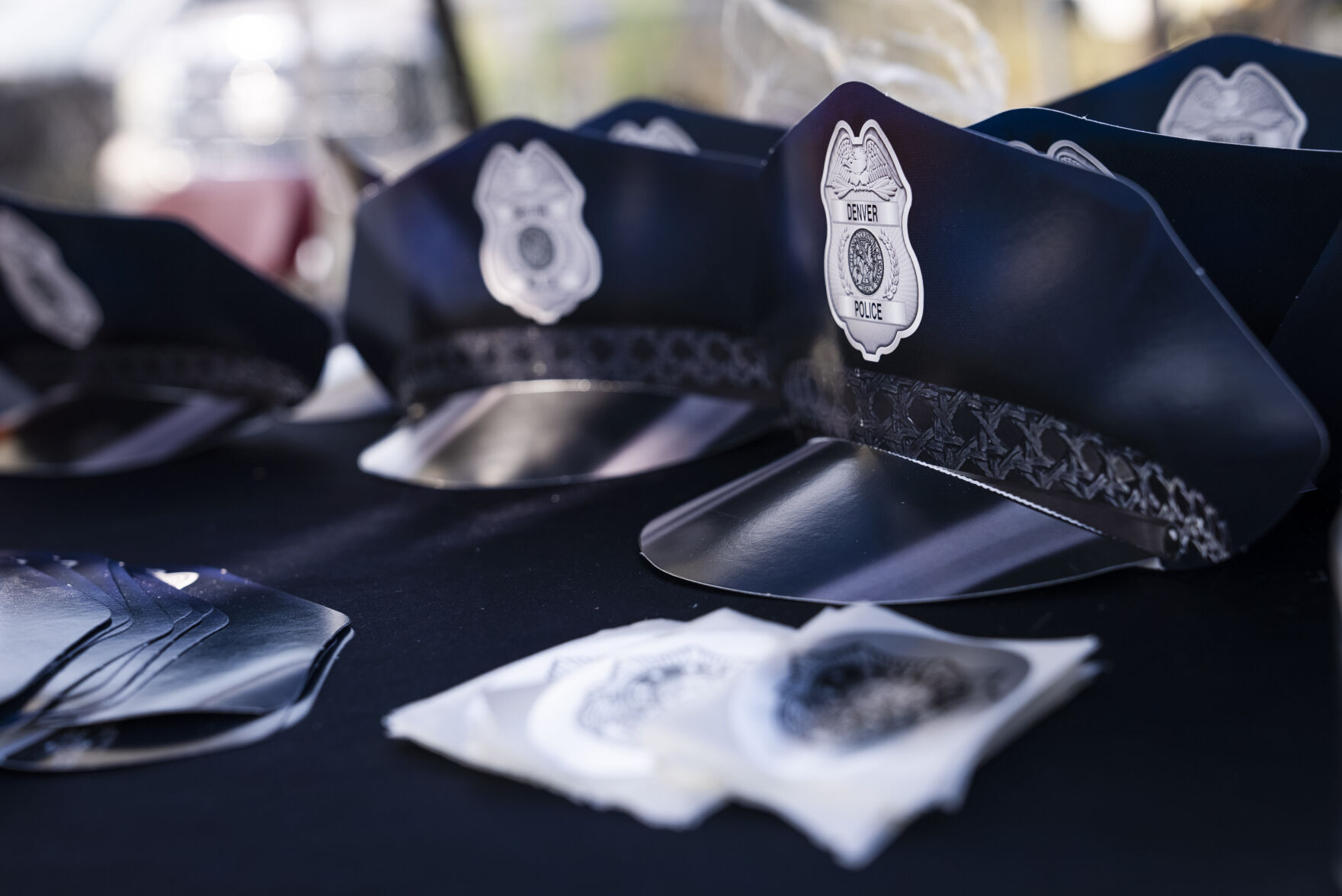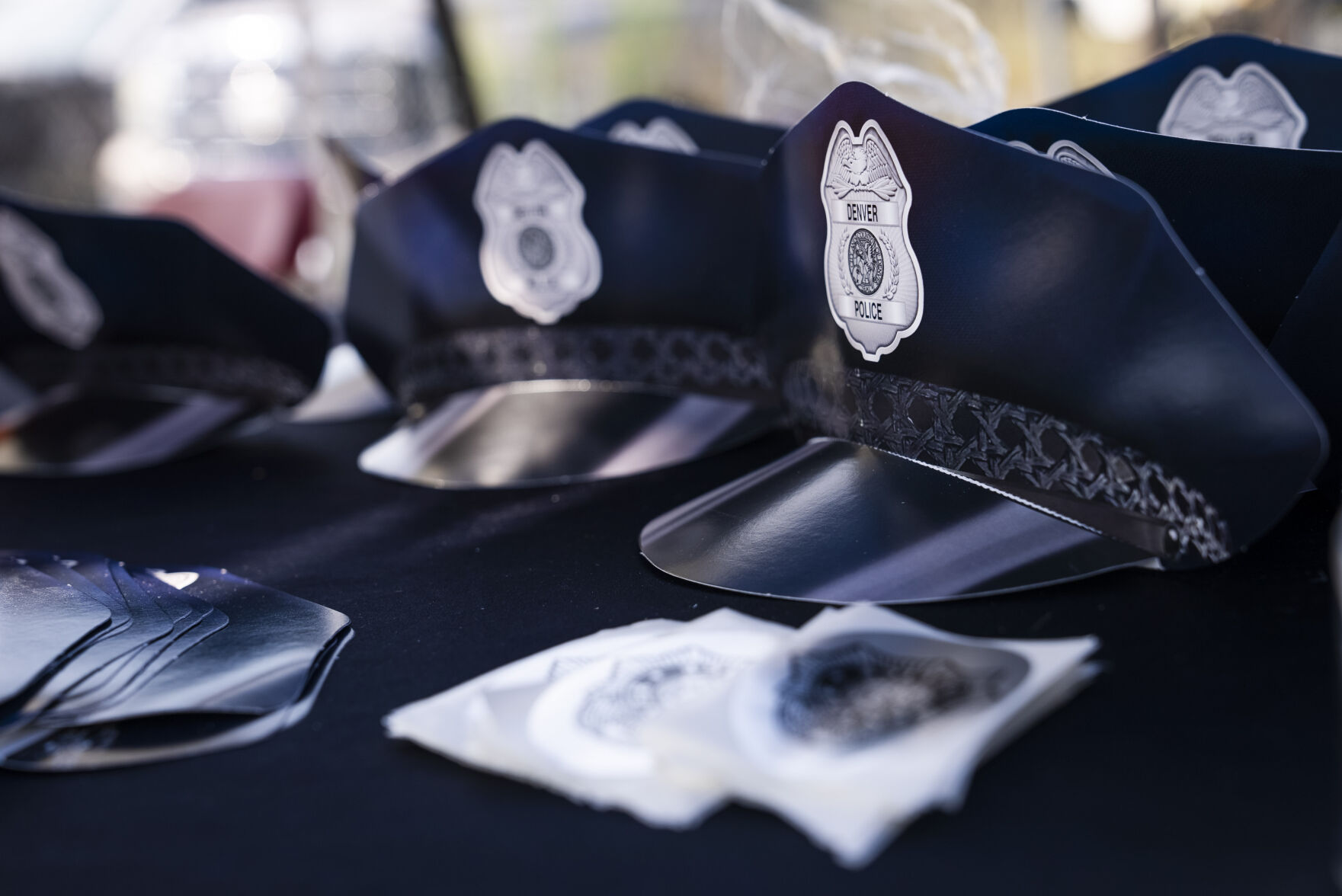Trial over Denver police’s handling of 2020 protests begins in federal court

When protests swelled in Denver over the death of George Floyd in police custody in late May 2020, demonstrators faced tear gas, pepper balls and rubber balls, also known as “stinger grenades.” Some returned day after day despite fearing for their safety.
But the peaceful protests were punctuated with some vandalism of the Capitol building and downtown businesses.
On Monday, a closely watched trial began over Denver police’s use of force during those protests.
Attorneys for a group of demonstrators seek to prove officers used unnecessary violence not because of a legitimate public safety threat, but because police didn’t like the messages the protesters were sending. The use of force didn’t come down to a few rogue officers, but were a product of a failure of leadership, training and supervision, the plaintiffs say.
“To the protests against police brutality, they responded with brutality,” Tim Macdonald, a partner at Arnold & Porter who represents several of the 12 protesters, said in opening arguments Monday.
For constitutional rights to have any meaning, he said, “we need to have people like the seven I represent to stand up, to safeguard those rights when they come under attack.”
But attorneys for the city argue police had little time to prepare for protests that turned violent and led to injured officers, vandalism and looting of businesses. They had to balance allowing people to exercise their First Amendment rights while protecting the public’s safety in a volatile, ever-evolving environment, their attorneys argue.
“This unprecedented violence is what placed the police response in unchartered territory,” said Lindsay Jordan, counsel for the Denver city attorney’s office.
Denver seeks to stop former police monitor from testifying in lawsuit over racial justice protests
The case that went to trial Monday in federal court in Denver claims police used excessive force in their crowd-control tactics with use of less-lethal weapons, a term that has been criticized since such munitions can cause serious injury or death.
The case also claims police leadership failed to train officers in how to properly respond to the demonstrations, and approved of their conduct by not disciplining them for excessive use of force.?
It consolidates two lawsuits brought in 2020. Among the 12 plaintiffs is Elisabeth Epps, a current candidate for the state legislature’s House District 6 and founder of the Colorado Freedom Fund.
The lawsuit names the City and County of Denver and former police officer Jonathan Christian as defendants.
Christian is accused of firing a pepper ball at Epps without warning. He will say in testimony he aimed his round at her foot to get her out of the street because she was blocking traffic.
Former independent monitor Nick Mitchell, who headed the city’s police watchdog agency, is among the witnesses expected to testify. The office released a report in fall 2020 characterizing the police department’s use of less-lethal munitions “extremely troubling.”
The report found police used force against people who were only verbally protesting, fired munitions at people’s heads, faces and groins, and continued deploying chemicals and gas after crowds dispersed. It also found officers often didn’t prepare use-of-force reports until weeks after the conduct occurred, the department did not keep rosters of officers assigned to the protests for the first few days and they frequently didn’t wear or turn on their body-worn cameras.
Judge rules on redactions in memos about Denver PD’s handling of 2020 George Floyd protests
The police department’s own training materials say police should always respond to civil unrest with the goal of de-escalating violence and respond separately to people who are breaking the law to allow peaceful protests to continue, Macdonald said.
“The evidence will show that what they do in practice is the opposite,” he said.
But Jordan said during her opening arguments that protesters “bent” on causing destruction and mayhem were not outliers. Police had to respond to reports of gunshots, demonstrators blocked their routes and about 70 officers were injured, she said.
“The protections of the First Amendment are not unlimited,” she said.
“When justifiable anger turns into violence and destruction,” police have to respond to protect public safety, she added.
Macdonald said police leadership has criticized the response to the protests as a product of inadequate leadership and training. Two of those leaders, Lt. John Coppedge of the training academy and Capt. Sylvia Sich, are listed as upcoming witnesses in court filings.
The city indicated they will also call high-ranking police department leaders, including Patrol Division Chief Ron Thomas.
The trial is scheduled to last three weeks. Arnold & Porter and the ACLU represent seven of the protesters, while civil rights firm Loevy & Loevy represents the other five.
Denver to pay $500,000 to student shot by police during George Floyd protest













